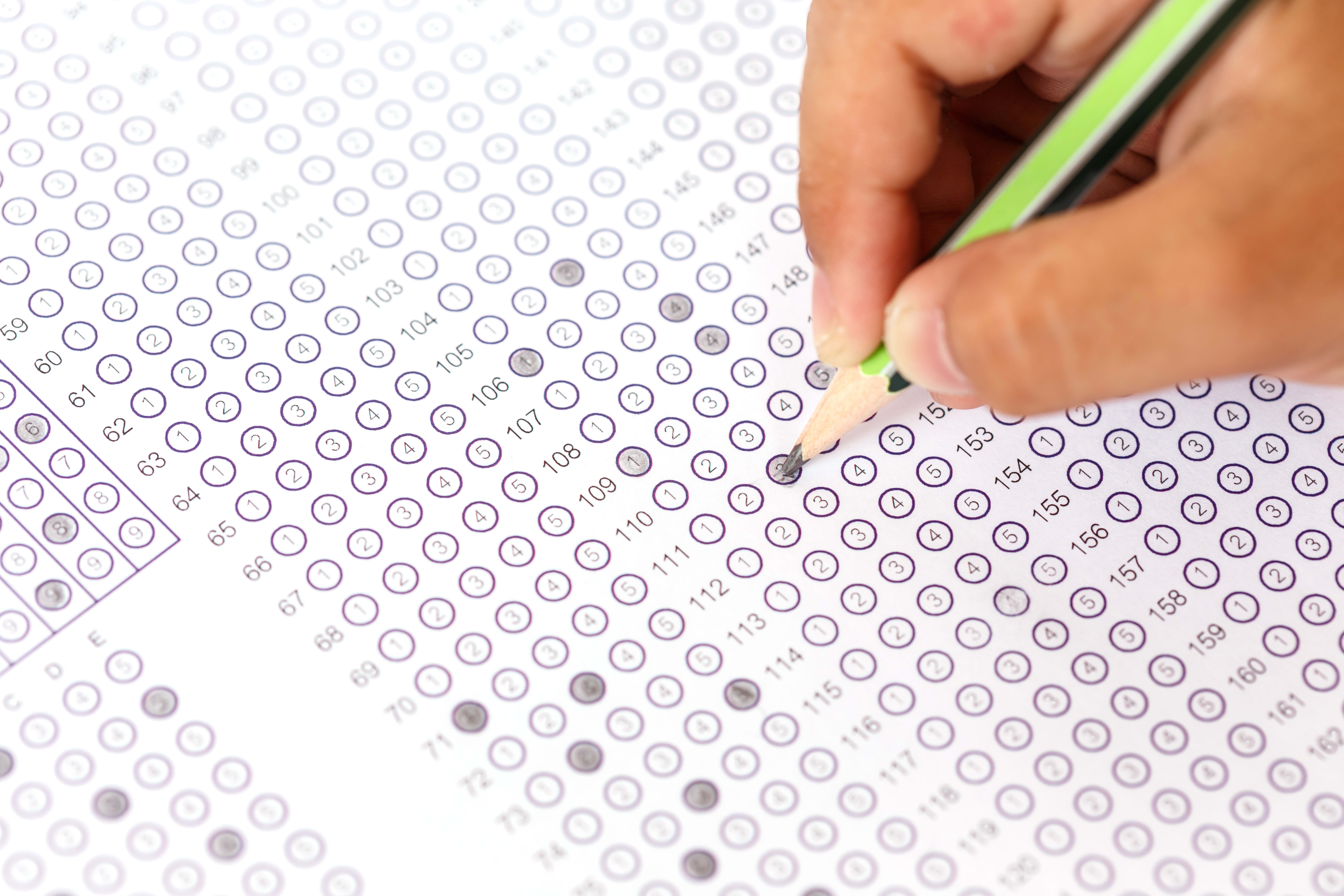Could University Admissions Tests Change?
Have you ever suffered from test anxiety? Did you study for weeks on end only to freeze up on the big day? Did you mind go blank, even though you know all the answers are in there somewhere? Well, the good news is that colleges across the US are starting to reassess the admission process, with many putting less emphasis on standardized tests like the SAT. So if you have been waiting to show off those talents that can't be measured by a multiple-choice exam, now could be your time to shine. Here's a news round-up of how the university admissions tests are changing.
- International News

The end of standardized testing
Standardized tests like the ACT and SAT are no longer a prerequisite for college admission. Instead, schools are taking a more holistic approach to the admission process, assessing a whole range of factors, including academic performance, extra-curricular activities, and potential. The move away from a one-size-fits-all approach is a response to long-standing criticism of standardized testing. As many educators have argued, standardized tests tend to reflect a person's ability to do well in a test environment, rather than their academic potential or critical thinking skills.
Mauli Agrawal, the Chancellor at The University of Missouri-Kansas City, one of the schools that no longer consider SAT scores when assessing applicants, says "We are doing this because this approach has been shown to be both more reliable in identifying students who can succeed and fairer to all applicants." Such tests may no longer be needed when applying for a Bachelor in Law.
Equality of opportunity
Scoring high on the SAT is never easy, and anyone who does so deserves plenty of credit. However, students from more affluent backgrounds often have an advantage when it comes to this particular type of testing. To start with, many attend privately funded high-schools with smaller class sizes, meaning each student gets more attention from their teachers. Also, these schools often run SAT workshops, where students can take practice tests and familiarise themselves with the material. Moreover, many have the benefit of private, one-to-one tutors that are paid to 'teach the test.'
Overcoming adversity
The US College Board is about to pilot a SAT scheme which will include an adversity score. As part of the Environmental Context Dashboard, students are assigned a number from zero to a hundred, with a higher score indicating a higher level of adversity. Factors include socio-economic background, number of parents in the household, health, and the probability of being the victim of crime. The scheme aims to identify "students who have demonstrated resourcefulness to overcome challenges and achieve more with less," and will hopefully provide more opportunities to young who would otherwise go overlooked. However, not everybody is happy about the news. Critics have argued the scheme will penalize parents who strived to move into better school areas and neighborhoods, as well as those working extra hours or jobs to raise their median income.
The value of your GPA
Despite the turn away from the SAT scores, schools still need a way to measure a student's academic performance. So rather than looking at how they performed on a particular day at a particular time, admission boards are putting an additional value on high-school GPA. After all, a test is a one-off event, whereas GPA provides an overview of how students perform over an extended period. What's more, there is evidence a GPA score is a better indicator of college success than the SAT. One study found that students with a high GPA and an average SAT score have a 62% chance of graduating within six years. For students with the opposite scores, that figure drops to 51%.
SAT scandal
With so much riding on the SAT score, it is unsurprising that some people are willing to bend the rules. Last year, private school director Igor Dvorskiy pleaded guilty to racketeering charges as part of the college admissions scandal, which included payments to a private school counselor to take SATs for students or correct their answers afterward. Prosecutors believe Dvorsky netted around $149,540 from the scam, with much of the money coming from members of the Los Angeles 'elite', including some well-known TV and movie stars. Desperate Housewives star Felicity Huffman was sentenced to 14 days in prison, a $30,000 fine, and 250 hours of community service after she admitted paying $15,000 to have her daughter's SAT scores corrected.
Making a case for the SAT
Not everybody is on board with scrapping the SATs. The University of California recently made a case for standardized testing, citing it as a cost-effective way of measuring a student's academic ability. Moreover, they presented a contradictory study that argued SAT scores were better than GPA score in predicting long-term college success. The report stated that "given high school GPA, a student admitted with a low SAT score is between two and five times more likely to drop out after one year, and up to three times less likely to complete their degree compared to a student with a high score." And while ditching the SATS might prevent another admission scandal, an overemphasis on the GPA could encourage other types of negative behavior. For example, high schools could start dishing out more top grades in an attempt to get more of their students into better colleges.
Going digital
If you're thinking about applying to law school in the next few years, then you should still expect to sit the LSAT. The Law School Admission Test (LSAT) will remain an integral part of your law school application, testing your critical reading, analytical reasoning, logical reasoning, and persuasive writing skills. And while the test itself will remain as rigorous as ever, the way you take it is about to get a whole lot easier.
Law schools administered the first batch of digital LSAT last summer. And as more colleges adopt virtual learning platforms, it won't too long before the digital LSAT becomes the norm. Like many online learning innovations, the online LSAT will provide more personalized user experience, enabling students to perform to the best of their abilities. The digital test platform includes a built-in timer and functions for highlighting and flagging questions. You can also expand and collapse individual sections and change the color and font of the text.
Standardized testing might be out of fashion, but it isn't going anyway just yet. However, it will be interesting to see how the new approach affects the admissions process, especially when it comes to students from less advantaged backgrounds. Watch this space!

Find your perfect program
Use our search to find and compare programs from universities all over the world!
Education
Ashley Murphy
Author
After graduating with a degree in English literature and creative writing, Ashley worked as a bartender, insurance broker, and teacher. He became a full-time freelance writer in 2016. He lives and writes in Manchester, England.
Find a program in these categories


